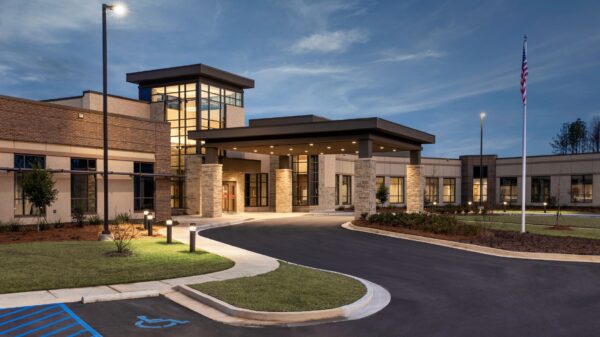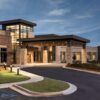Traditionally underfunded and serving an economically challenged student population, America’s historically black colleges are particularly vulnerable to the challenges of COVID-19 and many are facing bankruptcy, Alabama State University President Quinton Ross told CNN on Monday evening.
Ross was interviewed by CNN as part of the network’s coverage of how coronavirus shutdowns of college campuses are disproportionately affecting HBCUs.
“It exposed a number of inequities that were already present prior to this virus,” Ross said during the piece.
HBCUs typically lack large endowments and hefty budgets, making it harder for them to adjust to shifting courses online. Also, serving a more economically disadvantaged student body often means that the students don’t have the necessary Internet or computers at their homes to participate in online courses.
Ross said that some HBCUs needed more substantial technological infrastructure to transition to online and other alternative learning methods to ensure the continuity of education for entire student bodies; many of whom were returning to homes without connectivity or computers.
“We had to rush to try to provide and undergird ourselves with technology, and many of the infrastructures were not prepared,” he said.
Ross has said that federal emphasis on access to technology is not just an HBCU issue, “it is a nationwide issue that must be addressed.”
The underlying inequities Ross mentioned stem, in part, from states, such as Alabama, implementing racist funding practices, leaving HBCUs funded at significantly lower levels than white colleges. That made it impossible for HBCUs to keep pace on matters such as technology infrastructure.
Former ASU vice president John Knight, a longtime former state representative, in the 1980s filed a lawsuit on behalf of ASU and other black colleges in the state, challenging the funding policies of the state. The state lost and was forced to pay millions of dollars to at least partially rectify decades of improper funding that denied thousands of black Alabamians a college education.






















































